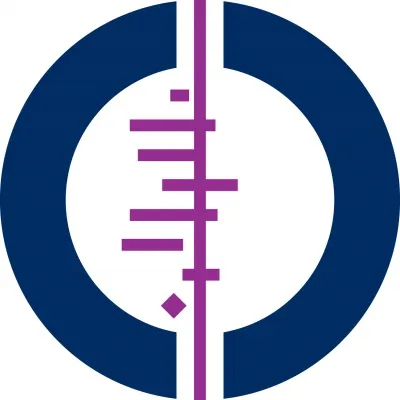
Revolutionizing Primary Healthcare: The Impact of Digital Tracking and Mobile Communication
2025-04-07
Author: Mei
In a groundbreaking analysis, researchers evaluated a total of 18 studies across several countries, including Bangladesh, China, Ethiopia, India, Kenya, Palestine, Uganda, and the USA, to determine the effectiveness of digital tracking, clinical decision support systems (CDSS), and targeted client communication (TCC) via mobile devices in enhancing primary healthcare.
Of these studies, 11 were randomized, while seven were non-randomized. However, it’s important to note that all non-randomized studies exhibited a high risk of bias, underscoring the need for more rigorous research.
Key Findings from Randomized Studies
1. **Tracking + CDSS** - **Antenatal/Postnatal Care**: - Home visits after delivery may slightly increase by 10% (from 2 studies with 4,531 participants). - Counseling on initiating complementary feeding could see a minor rise of 12% (2 studies, 4,397 participants). - Notably, there's a reduction in low birthweight babies by approximately 47% in one study involving 3,023 participants.
2. **Clients' Health Behaviors**: - Slight increases in skin-to-skin care (5%) and early breastfeeding (8%) were noted, indicating a positive influence on maternal and infant health behaviors.
3. **Health Outcomes**: - In stroke patients over 12 months, adherence to blood pressure medication improved by 10%, and mortality rates dropped by 48%.
4. **Tracking + TCC**: - This combination not only enhanced adherence to HIV treatments for mothers but also improved health outcomes for infants, showing a promising future for integrated healthcare interventions.
5. **Tracking + CDSS + TCC**: - A comprehensive approach that combined tracking, CDSS, and TCC demonstrated a probable increase in adherence to guidelines for managing a variety of health conditions, such as diabetes and hypertension. Moreover, this method slightly reduced the incidence of severe hypertension in pregnant women.
6. **Data Quality**: - The integration of these technologies likely reduced the occurrence of missing data regarding crucial health metrics like hemoglobin levels and blood pressure, vital for effective patient management.
7. **Client Satisfaction**: - Participants reported a slight improvement in their overall perception of care quality, underlining the potential of mobile health initiatives to enhance client satisfaction.
The Future of Primary Healthcare
While the results are promising, there remains uncertainty regarding certain health outcomes, such as the effect of these interventions on maternal and infant mortality rates. Further studies are necessary to fully understand their impact and refine methods to best serve the healthcare needs of vulnerable populations.
Health experts believe that leveraging technology, particularly mobile devices, can bridge gaps in healthcare delivery, making essential services more accessible and effective. As we stand on the brink of a healthcare revolution, the integration of digital tools into primary care emerges as a potential game-changer.
Investing in technology-driven healthcare solutions is not just a trend; it is a transformational movement that could reshape healthcare accessibility and quality on a global scale. Can you imagine a future where all mothers receive timely healthcare support at the touch of a button? The journey has begun!




 Brasil (PT)
Brasil (PT)
 Canada (EN)
Canada (EN)
 Chile (ES)
Chile (ES)
 Česko (CS)
Česko (CS)
 대한민국 (KO)
대한민국 (KO)
 España (ES)
España (ES)
 France (FR)
France (FR)
 Hong Kong (EN)
Hong Kong (EN)
 Italia (IT)
Italia (IT)
 日本 (JA)
日本 (JA)
 Magyarország (HU)
Magyarország (HU)
 Norge (NO)
Norge (NO)
 Polska (PL)
Polska (PL)
 Schweiz (DE)
Schweiz (DE)
 Singapore (EN)
Singapore (EN)
 Sverige (SV)
Sverige (SV)
 Suomi (FI)
Suomi (FI)
 Türkiye (TR)
Türkiye (TR)
 الإمارات العربية المتحدة (AR)
الإمارات العربية المتحدة (AR)